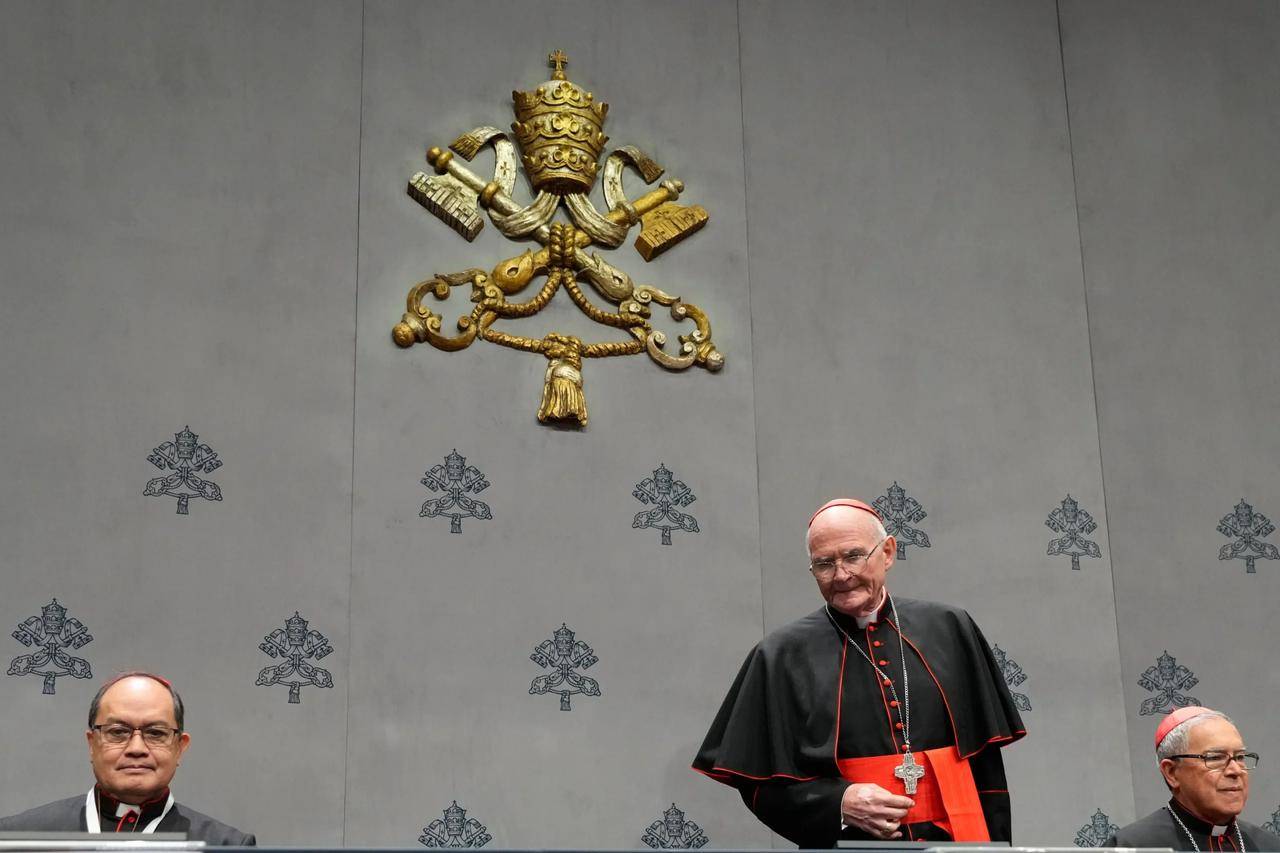ROME – In the ongoing case involving the leader of a lay Catholic association in Sicily charged with the sexual abuse of at least six underage girls, a former bishop of the local diocese in the 1980s has denied having any knowledge of the accusations and said the issue “had been buried.”
“No one came to tell me clearly how things stood,” said Monsignor Giuseppe Malandrino, who was Bishop of Acireale for over 18 years (1979-1998), in an early May interview with local media. “What can I control if there’s nothing? Now everyone speaks, but at the time…”
The lay-led “Catholic Culture and Environment Association,” or ACCA, came under fire in August 2017 when its spiritual leader, Piero Alfio Capuana, 73, was arrested and charged with the sexual abuse of six minors.
Capuana, who denies the allegations, is known as the “Archangel” among his followers. He spent six months in prison, and is currently under house arrest awaiting trial.
Since then, Crux has reported on the long-standing and complex relationship between ACCA and the local diocese of Acireale. After the arrest, the diocese issued a statement expressing “pain and solidarity toward all the victims,” but stressed that the association was “civil” and therefore not tied to the Church.
Canon law experts told Crux that the diocese could not so easily “wash its hands,” pointing to several areas of Church law which state that local bishops have the duty to monitor lay associations “so that abuse does not creep into ecclesiastical discipline.”
Church documents show that both the diocese and the Vatican were aware since the mid-’70s that the lay group presented “deviations of a doctrinal and moral character” and “true scandals.”
Despite several failed attempts in the late 1970s to impose discipline under then-Bishop Pasquale Bacile, documents and interviews show the group continued to enjoy loose approval from a string of bishops in Acireale.
In a TV interview on the Italian program Le Iene, a woman who chose to keep her identity secret, said that she had been raped in a Church by Capuana and his accomplices in 1983, under the pretense that she was undergoing an exorcism.
The alleged victim, among the six who came forth to denounce Capuana in pre-trial hearings, offered the earliest accusation on record. She told local media that she had tried at the time of the abuse to alert the diocese, led by Malandrino at the time.
“No one received me!” she said.
When Italian reporters asked Malandrino why no effort had been made to oversee the much-discussed association after he took over the diocese, he denied any knowledge of abuse allegations and of any issue within the association.
Church documents, however, show that in 1981 Malandrino issued a “notification” against the novel Sunrise, written by Capuana under a fake name, for its excessive use of nudity. The book described a forbidden love affair between an older man and an underage girl.
Alleged victims have told Crux that Capuana would have them read the book and many similar ones he wrote afterwards.
Documents also show that Malandrino sent a priest to overlook ACCA, Father Orazio Finocchiaro, who died in 2012. After having spent five months within the group, he gave a report to the bishop.
Finocchiaro described an “excessive exaltation” of Capuana and wrote that the association had “more a military than ecclesial style” in a letter to Malandrino written in September 1982.
Seven years later, in May 1979, Finocchiaro wrote another letter to the bishop where he recommended issuing a special set of statutes for the group rather than just informal guidelines, which suggests he still regarded the group as “Catholic” at that time and under the bishop’s authority.
Before Malandrino became bishop of Acireale, the diocese and ACCA, known then as the “Group of Lavina,” had been at odds. In a November 1977 letter, his predecessor Bacile told the pope that for over a year the group had been “the object of careful attention and serious pastoral concern,” and that he followed it “closely” through his auxiliary bishop Giuseppe Costanzo.
“They [members of ACCA] subjugated the weak… they were capable of deceiving, threatening, intimidating,” Costanzo recently told local media.
The former bishop of Acireale added that the intimidations were not just empty threats, and that members of the association put about a pound of TNT explosive at the entry of the seminary where he was rector at the time.
“Fortunately, it was six o’clock in the morning, or someone could have died!” he said.
The bishop and his vicar ultimately disbanded the group and its members were forbidden from meeting on Church grounds. The priest founder of the group, Father Stefano Cavalli, was sent away to the beach locality of Fiumefreddo.
Despite these attempts at imposing some measure of control, the group ignored Church-imposed sanctions and continued to meet at the local parish of the town of Lavina until Capuana’s arrest. Cavalli stepped down as the group’s leader, and only lay men took the helm of the association thereafter, which changed its name to ACCA.
A source close to the Archdiocese of Catania, which today is led by Archbishop Salvatore Gristina, who was also bishop of Acireale from 1999 to 2002, suggested that having a layman lead the association rather than a priest made him more insulated from a bishop’s authority.
In a September interview with Crux, he summarized the attitude of Church officials towards the group this way: “We hoped it would die on its own, but it’s pretty resistant.”












